Cardiologists near me
14 Cardiology doctors in Delhi
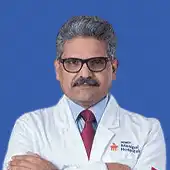
Manipal Hospital, Dwarka, Delhi NCR
Rs. 1,100 Consult Fees

Manipal Hospital, Dwarka, Delhi NCR
Rs. 1,100 Consult Fees
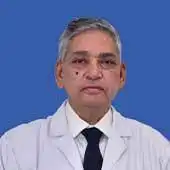
Pushpawati Singhania Hospital and Research Institute, Delhi, Delhi NCR
Rs. 1,400 Consult Fees
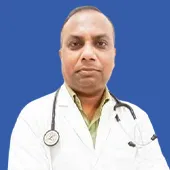
Pushpawati Singhania Hospital and Research Institute, Delhi, Delhi NCR
Rs. 1,400 Consult Fees
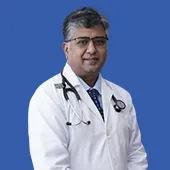
Pushpawati Singhania Hospital and Research Institute, Delhi, Delhi NCR
Rs. 1,400 Consult Fees

Manipal Hospital, Dwarka, Delhi NCR
Rs. 1,100 Consult Fees

Park Hospital, Delhi, Delhi NCR
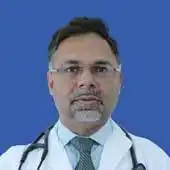
Max Smart Super Specialty Hospital (Saket City), Saket, Delhi NCR
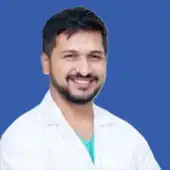
Fortis Escorts Heart Institute, Okhla Road, Delhi NCR
Rs. 1,500 Consult Fees
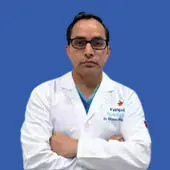
Manipal Hospital, Dwarka, Delhi NCR
Rs. 1,100 Consult Fees

Manipal Hospital, Dwarka, Delhi NCR
Rs. 1,100 Consult Fees

Fortis Escorts Heart Institute, Okhla Road, Delhi NCR
Rs. 1,500 Consult Fees
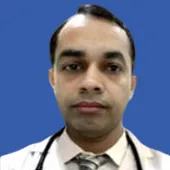
Fortis Memorial Research Institute, Gurgaon
Rs. 1,000 Consult Fees

Fortis Escorts Heart Institute, Okhla Road, Delhi NCR
Rs. 1,500 Consult Fees
